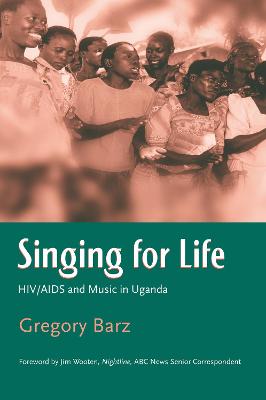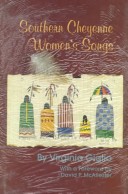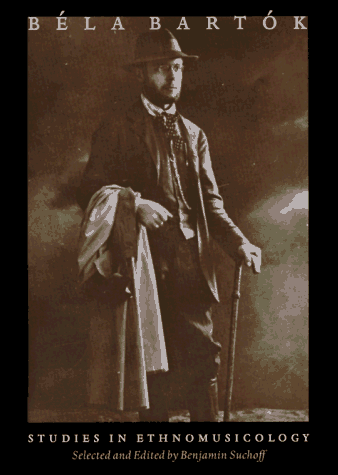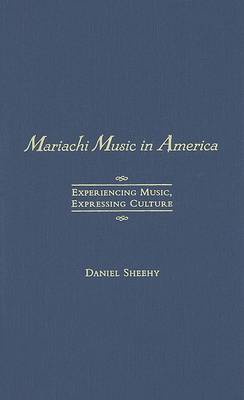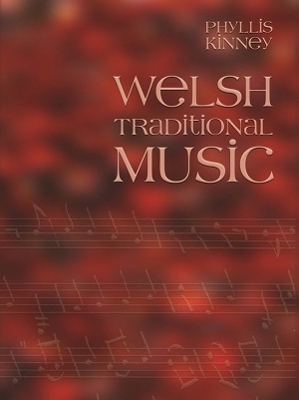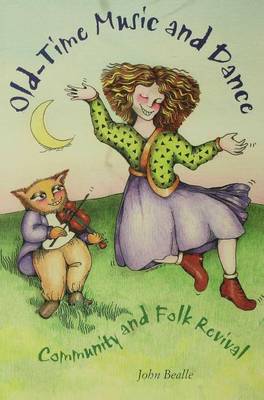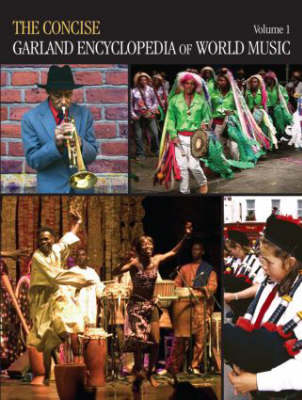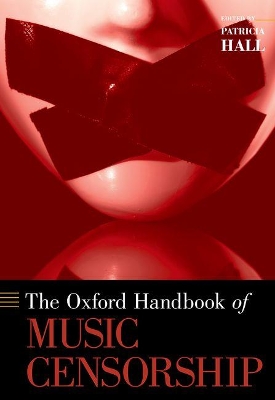Efforts within the past decade to address the HIV/AIDS pandemic in sub-Saharan Africa have dealt with HIV/AIDS principally as a medical concern-despite the fact that doctors continue to be confronted with the complex relationship of the disease to broader social issues. When medical and governmental institutions fail, artists step in. Contemporary performances in Uganda often focus on gender and health-related issues specific to women and youths, in which song texts warn against risky sexual env...
From bell ringing to fireworks, gongs to cannon salutes, a dazzling variety of sounds and soundscapes marked the China encountered by the West around 1800. These sounds were gathered by diplomats, trade officials, missionaries, and other travelers and transmitted back to Europe, where they were reconstructed in the imaginations of writers, philosophers, and music historians such as Jean-Philippe Rameau, Johann Nikolaus Forkel, and Charles Burney. Thomas Irvine gathers these stories in Listening...
Playing, joking, teaching, courting, encouraging, and praying: such everyday activities and the songs that go with them are the subjects of this unique study of contemporary Southern Cheyenne women's music. Based on Virginia Giglio's respectful but easy, familial relationship with the Indian singer-composers, Southern Cheyenne Women's Songs includes an overview of Cheyenne culture and history as well as analyses of thirty-two songs and their variants: lullabies and children's songs, hand-game so...
Composer, folklorist, and performer Bela Bartok (1881-1945) is internationally renowned as one of the most important and influential musicians of the twentieth century. Throughout his life, he wrote lectures and essays that dealt with virtually every aspect of East European folk music. Many of those essays, previously scattered in specialist journals in four different languages, are collected here for the first time. All are concerned with that branch of musicology within which Bartok was most i...
Mariachi Music in America: Experiencing Music, Expressing Culture, is one of the case study volumes in the Global Music Series, edited by Bonnie Wade and Patricia Shehan Campbell. This volume describes the social, cultural, and economic circumstances surrounding mariachi music in the United States. Massive immigrations of Mexicans to the U.S., the power of the international recording industry, and the fluid travel of mariachi musicians back and forth between the two countries have maintained a s...
Welsh traditional music has, until now, been the 'Cinderella' of world music studies. Over the years, few English-language writers have paid it any attention, largely because the majority of the songs of Wales are in the Welsh language. Now, at last, that gap has been filled by an American. Phyllis Kinney's book, Welsh Traditional Music, will both delight and inform anyone with an interest in the subject, be they a general reader, an academic, or a performer. It covers the traditional music of W...
Describes the traditional dances of both the Mississippi and Oklahoma branches of the tribe, examining the social organization of the troupes, musical instruments, costumes, history, and variations. Provides the choreography for every surviving dance, a detailed analysis of the music, and transcript
Old-Time Music and Dance (Readings in African Studies)
by John Bealle
In the summer of 1972, a group of young people in Bloomington, Indiana, began a weekly gathering with the purpose of reviving traditional American old-time music and dance. In time, the group became a kind of accidental utopia, a community bound by celebration and deliberately void of structure and authority. In this joyful and engaging book, John Bealle tells the lively history of the Bloomington Old-Time Music and Dance Group-how it was formed, how it evolved its unique culture, and how it gre...
The Concise Garland Encyclopedia of World Music, Volume 1
by Encyclo Garland
The Oxford Handbook of Music Censorship (Oxford Handbooks)
Throughout history and across the globe, governments have taken a strong hand in censoring music. Whether in the interests of "safeguarding" the moral and religious values of their citizens or of promoting their own political goals, the character and severity of actions taken to suppress and control music that has been categorized as unacceptable, immoral, or as the Nazi's termed the music of Jewish and modernist composers, "degenerate," ranges from economic sanctions to forced immigration, impr...



